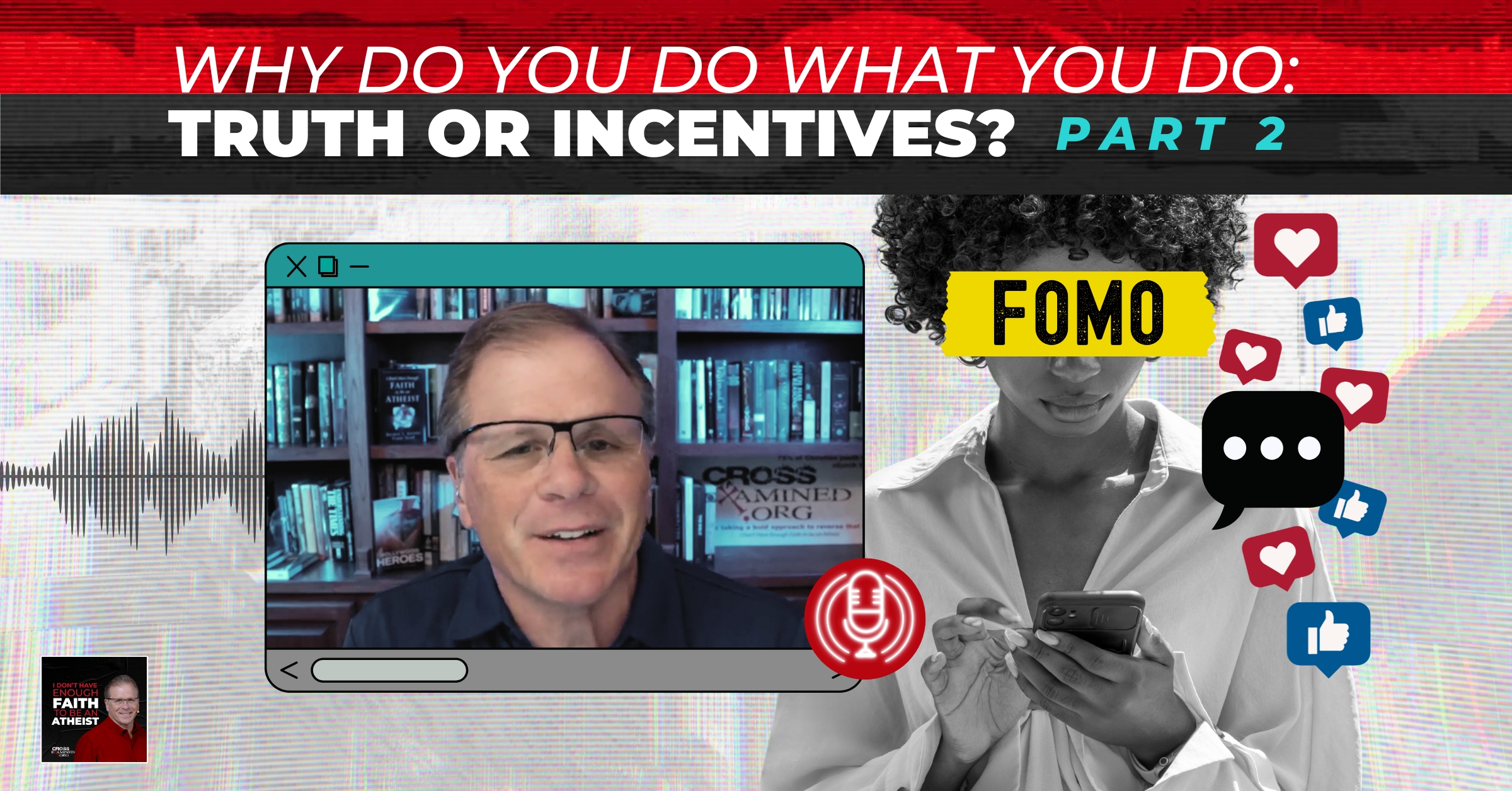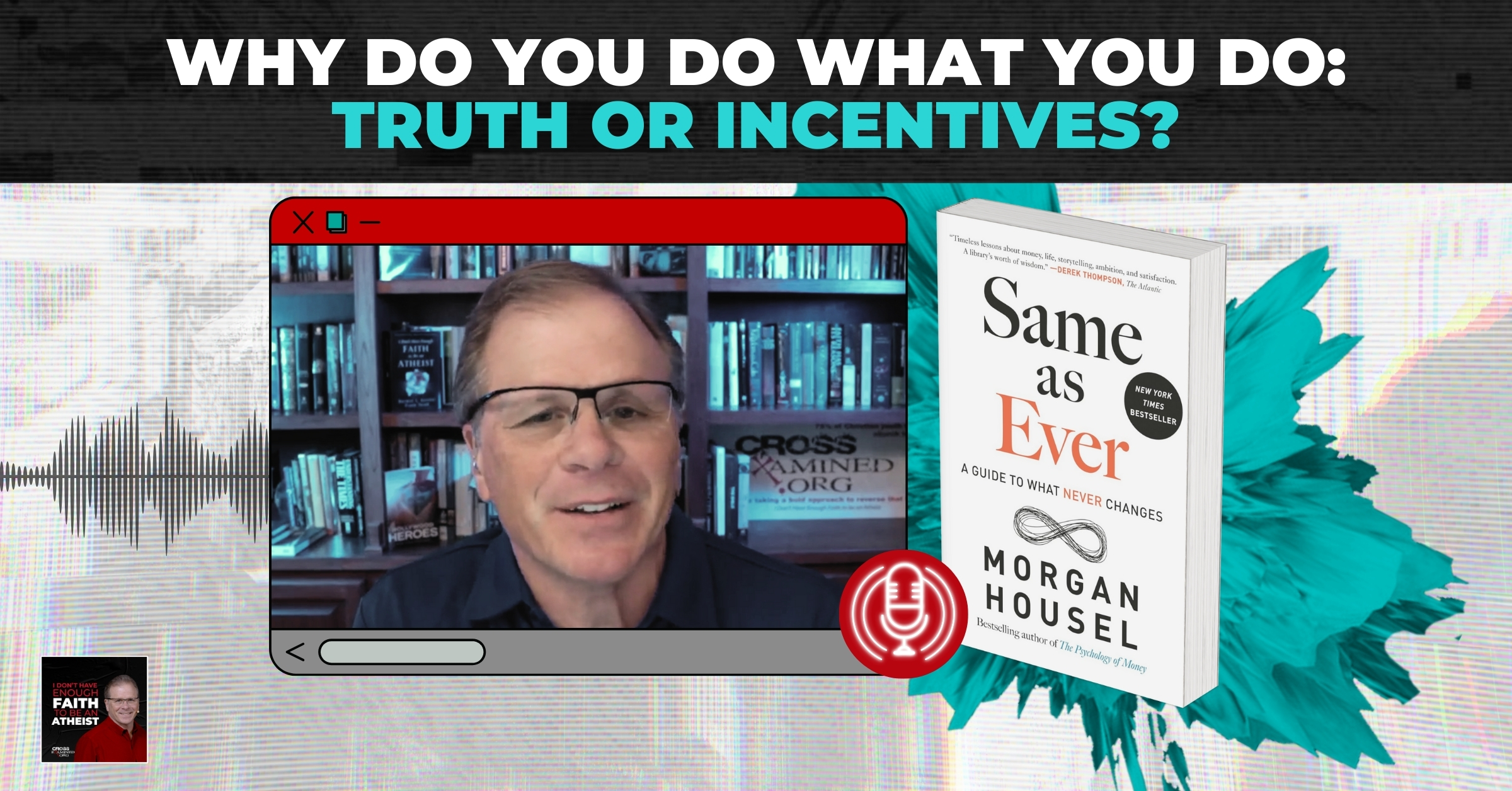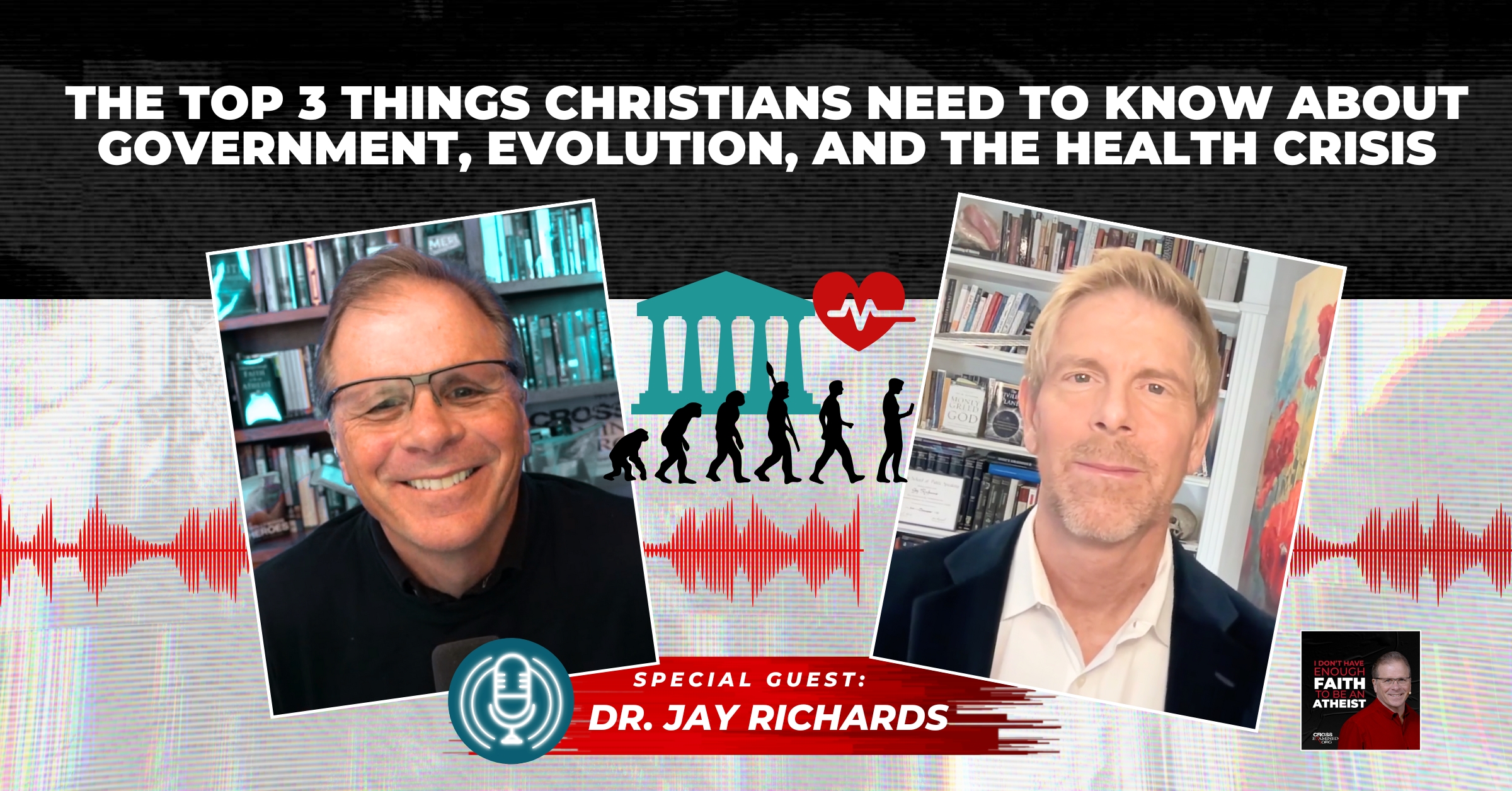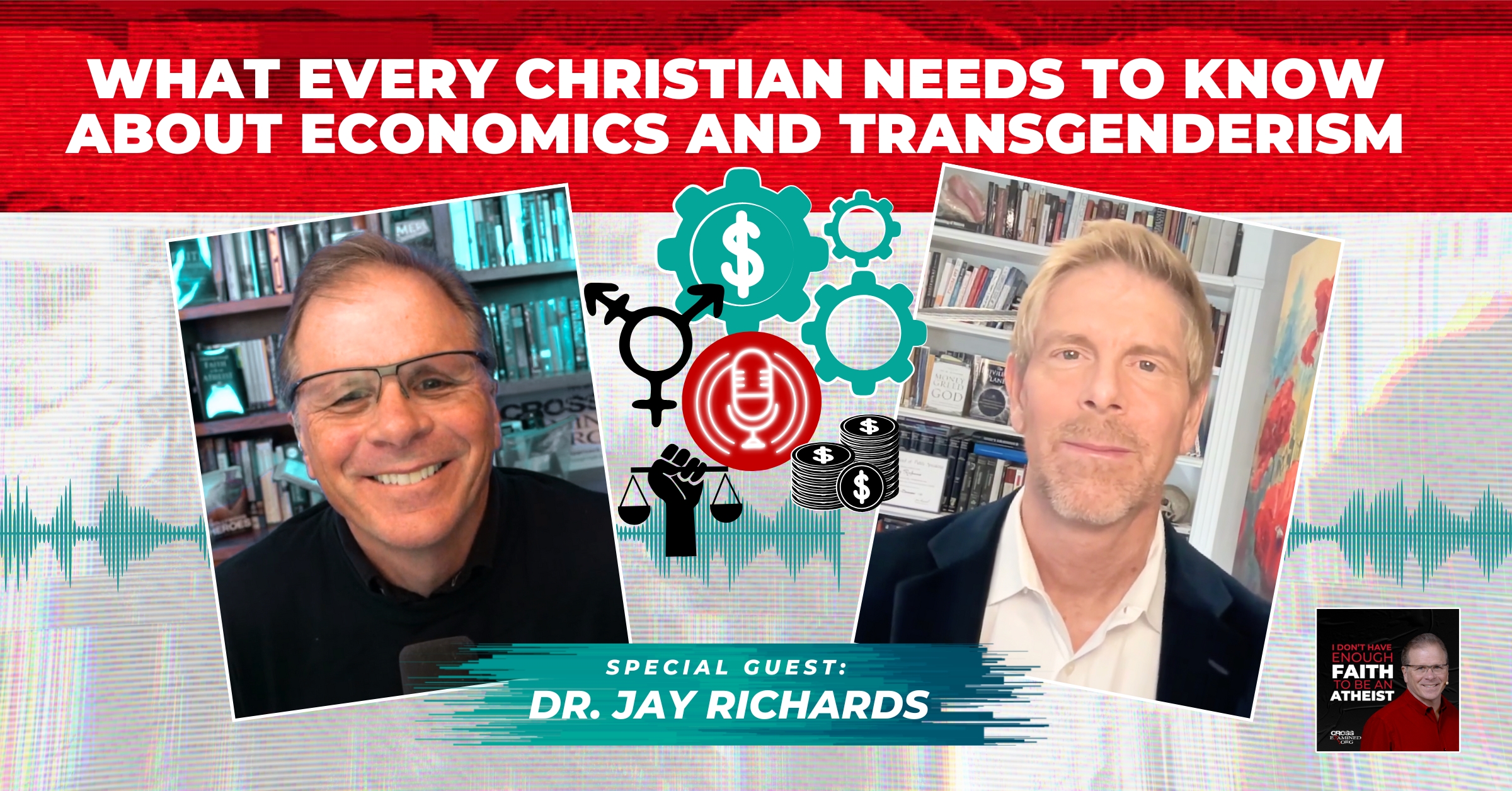Introduction
One of my favorite passages in the gospels is the prologue of John (1:1-18). I particularly find the first three verses, John 1:1-3, and the use of the “Word”, or Logos in Greek, interesting.
In those three verses, a type of creation narrative arises, revolving around Logos, in which Logos is described as being divine, eternal, and the creator. Later in the prologue, in John 1:17, Logos is revealed to be Jesus Christ, thus applying the description of Logos as divine, eternal, and the creator to Jesus Christ. John 1:1-3 states,
“In the beginning was the Word [Logos], and the Word was with God, and the Word was God. He was in the beginning with God. All things were made through him, and without him was not any thing made that was made” (ESV).
But what is the background of Logos, and what in John 1:1-3 describes Logos as divine, eternal, and the creator?
Wisdom and Logos
To understand the meaning of Logos, we must understand what it is and where that term comes from. There are several options for where Logos came from, but the Jewish view of Wisdom is the most likely background. By giving a close look at the character Wisdom found in the Old Testament, and other Jewish writings, several similarities between itself and Logos are found. One similarity is the source of Wisdom, which Jewish thought places as the Most High, and that Wisdom was there before the world began, like Logos.[1] Like Logos, Wisdom took part in creation, was sent from heaven to dwell on earth, is the source of life, and is rejected by man.[2] Wisdom is also the tool by which God speaks to man and reveals himself. [3] These are all characteristics and actions that are similarly attached to Logos in John 1:1-18. Wisdom is frequently described in Proverbs, with one example found in Proverbs 8:22-30. This passage describes Wisdom as a helper of God in creation. [4] Another example is Proverbs 8:35 which states,
“For whoever finds me [Wisdom] finds life and obtains favor from the Lord.”
Like Logos, Wisdom is the giver, the source, of life. Another surprising parallel is that Wisdom is thought to be the daughter of God.[5] This is a close connection to our thoughts on Logos, or the Messiah, who we see as the son of God. Whether or not Jews believe that Wisdom is an actual being, the literary connection between Wisdom and Logos is undeniable.
Verse 1-2: Logos as God
Note the opening phrase in, in John 1:1-2:
“In the beginning was the Word, and the Word was with God, and the Word was God. He was in the beginning with God.”
Here John exegetes the phrase “in the beginning” from Genesis 1:1 to mean before creation. In comparing the two passages, the origin of the mirrored phrase “in the beginning” in John 1:1-2 is obvious. [6] However, though John 1:1-2 pulls from Genesis 1:1, the purposes behind the passages are different. Genesis 1:1 is focused on creation, and God as creator. John 1:1-2 is focused on eternity and deity.[7] The whole purpose is to proclaim and affirm the eternal and divine nature of Logos.
Eternity and deity are intertwined in John 1:1-2, as Logos is described as being with God, from the beginning, and being God. He WAS in the beginning with God, he WAS there with God, and he WAS God. [8] In this first section, Logos is variously associated with God. Thus, the affirmation of the divinity of Logos. But there is special care to show a distinction between Logos and God. On one hand, Logos is described as God, but Logos is also shown to be distinct from God. [9] Logos being given a different name from God implies a distinction somewhere.[10] This is clarified in John 1:14 when Logos is revealed to be the Son, or the one, from the Father.
Verse 3: Logos as the Creator
Moving to verse three, we see another parallel between the prologue of John and the creation story in Genesis. John 1:3 mirrors Genesis 1:1 with the creation of the heavens and the earth. What is different in John 1:3, is the odd phrasing John used. Genesis 1:1 says,
“In the beginning, God created the heavens and the earth.” Meanwhile, John 1:3 says, “All things were made through him, and without him was not any thing made that was made.” This “creator” aspect is reappears in John 1:10, “the world was made through him.”
Looking closer at John 1:3, Meier makes a note of the usage of “was” in the first few verses of the prologue. Meier writes that John only used “was” for the eternal and divine. The Greek word eimi, here translated as “was,” means “to be” or “to exist.” John did not use eimi to describe creation, he only used eimi to describe God and Logos. John used the Greek word ginomai which is translated as “was”, but it means “to become”.[11] Eimi implies an eternal nature that creation does not have, whereas ginomai implies something coming into being. John is telling his readers that all things came into being through Logos and that Logos did not come into being, but always existed.[12]
This explains the awkward phrasing found in John 1:3 and teaches, in part, that the universe has a beginning and that it is created, unlike Logos. The purpose of John 1:3 is that Logos had a role in creation; specifically, that God acted through Logos to create the world. Logos does not play a passive role, but an active role in creation, and could be described as the mediator of the creation act. [13]
Conclusion
Thus, we are given another reason as to why the gospel of John is widely known for having the most obvious claims of the divinity of Jesus. The prologue of John, especially John 1:1-3, plays no small role in proclaiming the divine nature of Jesus. Even if one only looks at the surface of John 1:1-3, a beautiful picture of Logos being with God, and being God, before the beginning is presented. However, so much depth, and beauty, is missed if one does not look into the Jewish background of Logos. Either way, it is impossible to miss the power and divine nature of our Lord Jesus Christ and the role he has played in the creation of all things.
Bibliography
Borgen, Peder. “Creation, Logos, and the Son: Observations On John 1:1-18 and 5:17-18.” Ex Auditu, 1987: 88-97.
Brown, Raymond. “The Prologue of the Gospel of John: John 1:1-18.” Review & Expositor, 1965: 429-439.
Burge, Gary, Lynn Cohick, and Gene Green. The New Testament In Antiquity: A Survey Of The New Testament Within Its Cultural Contexts. Grand Rapids: Zondervan, 2009.
Kelber, Werner. “The Birth of a Beginning: John 1:1-18.” Semeia, 1990: 121-144.
Meier, John. “Biblical Reflection: John 1:1-18.” Mid-Stream, 1996: 391-394.
Pilcher, Charles. “Note: the Jewish background of the prologue of the Fourth Gospel.” The Reformed Theological Review, 1947: 30-31.
Rissi, Mathias. “John 1:1-18 (The Eternal Word).” Interpretation, 1977: 394-401.
References:
[1] Werner Kelber. “The Birth of a Beginning: John 1:1-18.” Semeia, 1990: 122; Brown, 430.
[2] Kelber, 122.
[3] Charles Pilcher. “Note: the Jewish background of the prologue of the Fourth Gospel.” The Reformed Theological Review, 1947: 30.
[4] Ibid.
[5] Ibid.
[6] Borgen, 92.
[7] Brown 430-431.
[8] John Meier. “Biblical Reflection: John 1:1-18.” Mid-Stream, 1996: 392.
[9] Mathias Rissi. “John 1:1-18 (The Eternal Word).” Interpretation, 1977: 397.
[10] To be clear, the use of distinction is not meant to make Logos a completely separate divine being from God, but that Logos is a separate divine personality within God. It is to separate the person that is Logos from the person that is the Father.
[11] Meier, 392.
[12] Ibid.
[13] Rissi, 397.
Recommended Resources:
Jesus, You and the Essentials of Christianity by Frank Turek (INSTRUCTOR Study Guide), (STUDENT Study Guide), and (DVD)
How to Interpret Your Bible by Dr. Frank Turek DVD Complete Series, INSTRUCTOR Study Guide, and STUDENT Study Guide
How Can Jesus be the Only Way? Mp4, Mp3, and DVD by Frank Turek
Reflecting Jesus into a Dark World by Dr. Frank Turek – DVD Complete Series, Video mp4 DOWNLOAD Complete Series, and mp3 audio DOWNLOAD Complete Series
Thomas Moller began studying astrophysics at the University of Nebraska-Kearney, specifically in Cosmology. Through the study of the universe and the laws that guide it, a passion for understanding the Creator and Fine-Tuner of the universe provided the catalyst for Thomas diving deeply into theology. He then left the study of astrophysics to pursue a theology degree. Now graduated from Trinity College of the Bible and Theological Seminary, he is pursuing a master’s degree in theological studies at Houston Christian University. With a love of biblical theology, Thomas wants to help educate believers in how to study the Bible in its proper context. He also will tackle a multitude of topics in Christian living, culture, and literature. Though he no longer studies astrophysics at an academic institution, he still has a love for science and scientific arguments for God.
Originally posted at: https://bit.ly/3BylxvH











